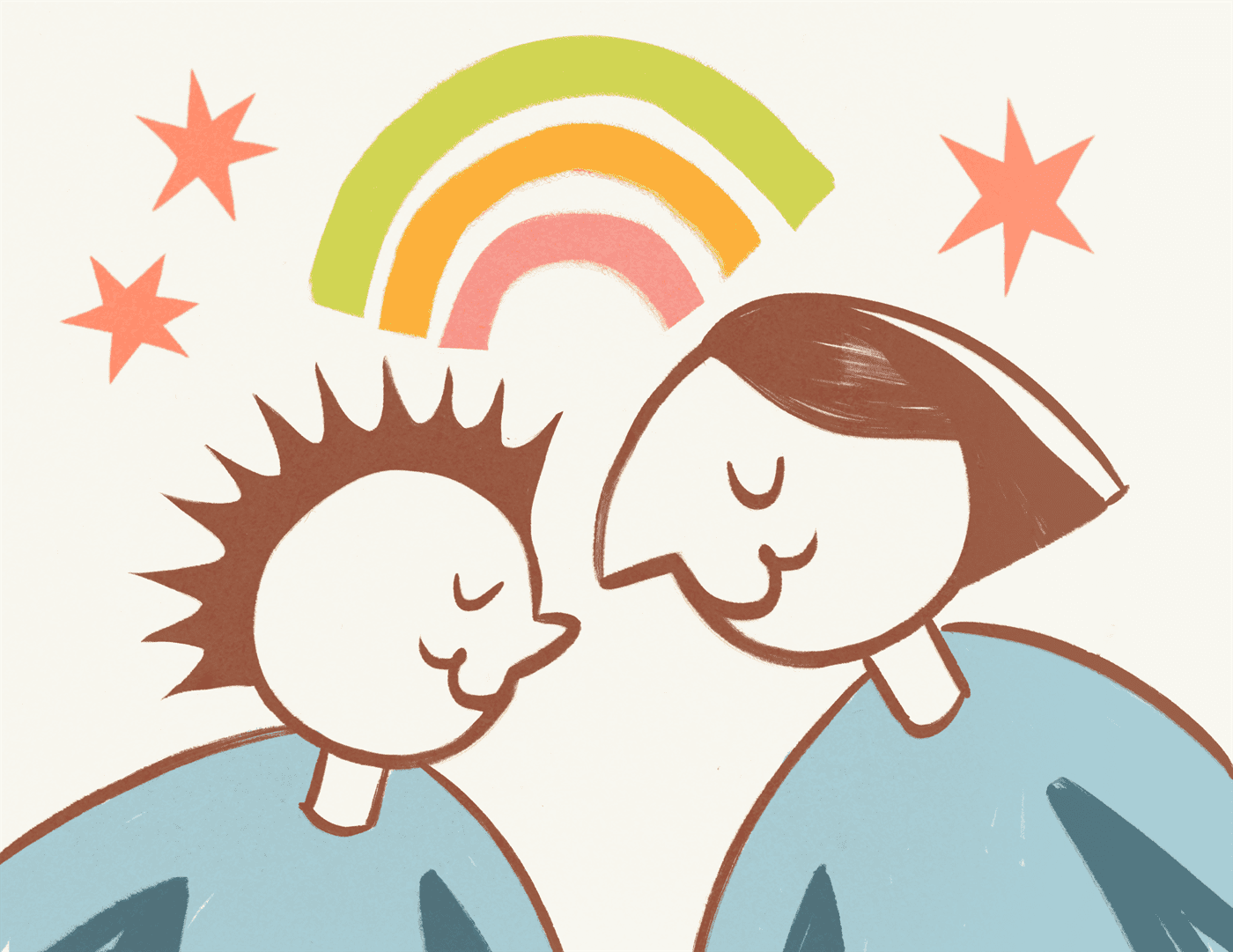What does it mean to be brave?
Typically, when we hear that word, we think of firefighters, police officers or soldiers. We think of those who sacrifice their own safety and well-being just to ensure that ours is secure. We think of those who we have been taught to respect because their bravery is in plain view to us every day.
Not to discredit our first responders in the least, but sometimes bravery isn’t so obvious. The random classmate we pass on campus might be risking so much for just being themselves.
Yet, instead of being recognized or applauded for their bravery, they’re attacked and vilified for it. If someone dares express who they love, the consequences can be dire, and that just isn’t right.
Though I’m not part of the LGBTQ+ community myself, I’m proud to call myself a straight ally. I know how much hate they face, and one of the reasons why I’m proud to go to Montclair State University is because this campus is truly a safe space for those in the community.
In high school, I saw many of my queer friends face bullying and hate on a near-daily basis. My school was accepting for the most part, but there were still jerks. All types of homophobic slurs were thrown around, even at people who weren’t in the community. Sometimes, just labeling a non-queer person as such was meant to be an insult in itself.
Although society is becoming increasingly more open, those who are queer often live in constant worry about how others will treat them because of their sexuality or gender identity. Will someone yell a hateful slur or tell them they can’t identify as who they are? Will they be treated the same by employers, classmates, friends and even family members?
LGBTQ+ people have legitimate reasons to be concerned for their well-being. In 2020, the number of anti-LGBT hate crimes was 1,287, according to the FBI. That’s roughly three and a half hate crimes against those in the community per day. That doesn’t include name-calling, bullying, shaming, alienation or all the other experiences queer people have to go through. These forms of hate have severe effects on the victims’ emotional stability, self-esteem and mental health.
There is even a history of hate against LGBTQ people at Montclair State. In 2012, there were death threats on campus directed to members of the community. Even recently, in January 2020, protesters came to campus to protest against LGBTQ+ equality, among other things.
Fortunately, however, our university has made tremendous strides in promoting an accepting atmosphere on campus. We have a flourishing LGBTQ+ Center on campus that works to educate students about gay rights and support those who are queer as well as plenty of other organizations for specific groups within the community. In 2021, Study.com even ranked Montclair State the 18th most LGBT-friendly campus in the nation.
But, this is not enough. No matter how much of a safe space our campus is, we must work on stamping out homophobia and transphobia in our society. We must push for equal treatment, not just in the workplace and classroom, but everywhere.
At the end of the day, we are all human, no matter who we love or who we identify as. What truly determines who we are is our character, not whatever label or demographic we are assigned.
Take action through the resources available on campus, such as the LGBTQ Center, and elsewhere. Educate yourself as well, so you can better help the community. Even supporting queer individuals in allowing them to be themselves, which might seem like a simple gesture, can go a long way.
To be able to love who they want to love or express who they are without being judged or punished means the world to the queer community, but many people have never had that simple right. So, for all of us allies, it’s our job to make sure there comes a day when others won’t have to be brave in order to do what we take for granted.



